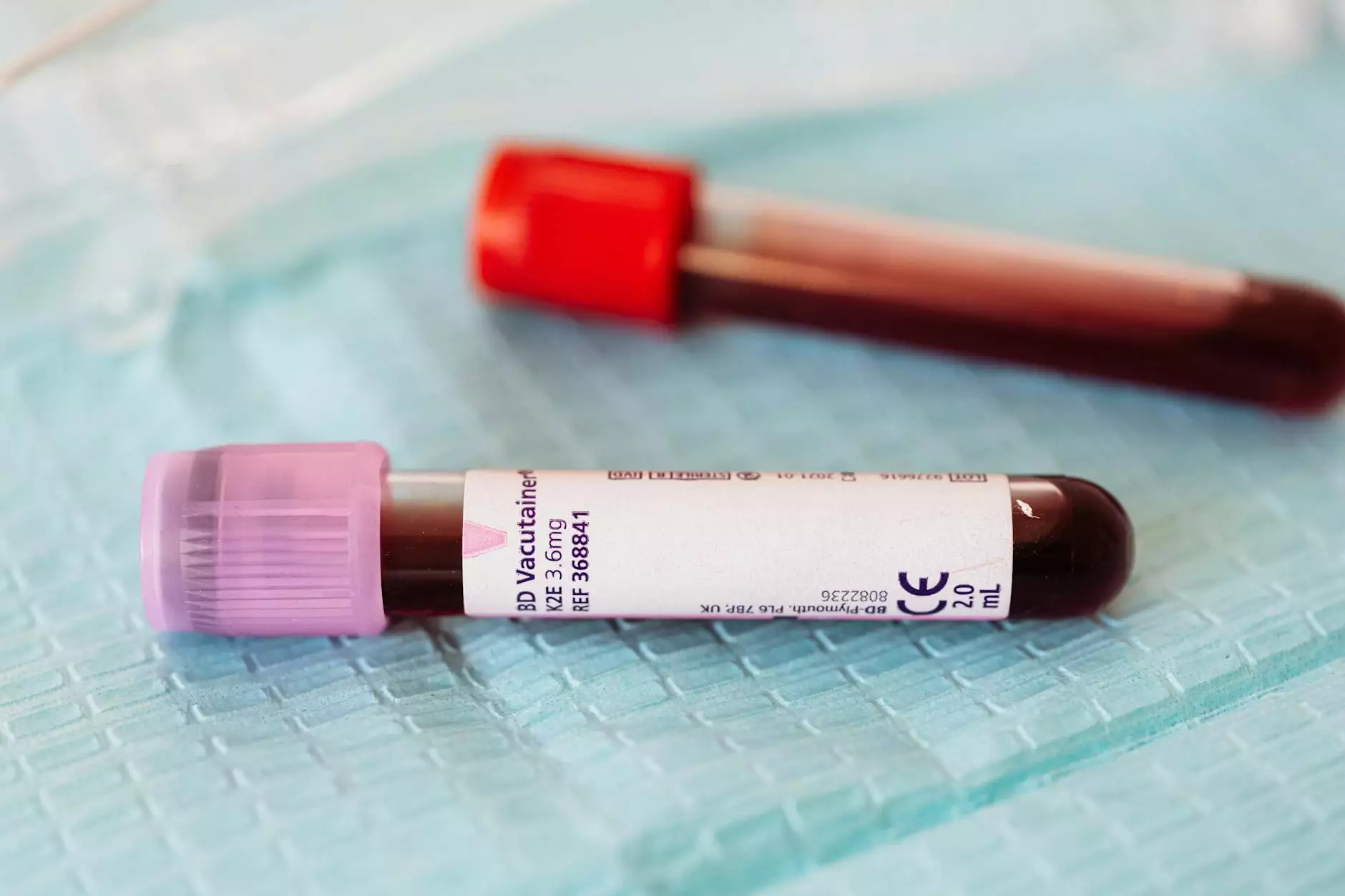Understanding Your Blood Test Results

Introduction
Welcome to Michael Finley, CNHP - your trusted source for holistic health advice and guidance. In this article, we will help you gain a comprehensive understanding of your blood test results, giving you the knowledge to make informed decisions about your health. Let's dive right in!
Why are Blood Tests Important?
Blood tests play a crucial role in assessing your overall health. They provide valuable insights into various aspects of your well-being, including organ function, nutrient levels, hormone balance, and potential health risks or deficiencies.
Interpreting Your Blood Test Results
Understanding the numbers and values in your blood test results can be overwhelming. That's why we're here to help break it down for you:
Complete Blood Count (CBC)
The CBC measures different components of your blood, including red and white blood cells, hemoglobin levels, and platelets. It helps detect conditions such as anemia, infections, and blood disorders.
Basic Metabolic Panel (BMP)
The BMP evaluates your kidney function, electrolyte levels, blood sugar, and liver function. It aids in diagnosing conditions like diabetes, kidney disease, and liver disorders.
Lipid Profile
A Lipid Profile assesses your cholesterol levels. It provides insights into your risk for cardiovascular disease and helps determine appropriate interventions.
Thyroid-Stimulating Hormone (TSH)
TSH measures the amount of thyroid-stimulating hormone in your blood, which regulates your metabolism. It helps diagnose thyroid disorders like hyperthyroidism and hypothyroidism.
Vitamin and Mineral Levels
Checking your vitamin and mineral levels is crucial for assessing possible deficiencies. These tests measure levels of nutrients like vitamin D, B12, iron, and magnesium.
Common Blood Test Results
Normal Blood Test Results
Normal blood test results indicate that your levels of various components are within the healthy range. These results provide reassurance about your overall well-being.
Abnormal Blood Test Results
Abnormal blood test results might indicate underlying health issues or potential concerns. It is essential not to panic but rather consult with a healthcare professional to determine the appropriate course of action.
What to Do Next
If you have received blood test results that are concerning or outside of the normal range, it's crucial to take action. Here are some steps you can take:
Consult with a Healthcare Professional
Contact your healthcare professional or schedule an appointment with Michael Finley, CNHP, to discuss your blood test results in detail. A qualified expert can help interpret the results and provide personalized recommendations.
Ask for Explanations
Do not hesitate to ask questions and seek explanations from your healthcare professional. Understanding the meaning behind your blood test results is essential for your peace of mind and overall well-being.
Make Lifestyle Modifications
Based on your blood test results, your healthcare professional may suggest lifestyle modifications such as dietary changes, exercise routines, or stress management techniques.
Follow-up Blood Tests
For certain conditions or abnormalities, follow-up blood tests may be necessary. Regular monitoring allows for tracking progress or identifying any worsening conditions.
Conclusion
Your blood test results hold valuable information about your health. Understanding them allows you to take proactive steps towards maintaining or improving your well-being. Remember, Michael Finley, CNHP, is here to guide you on your journey to better health and well-being.










